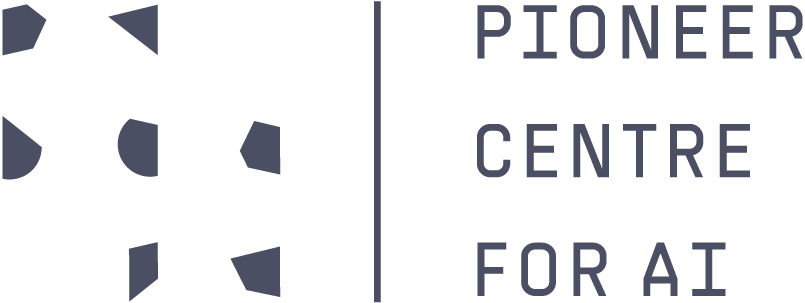Pioneer Centre for AI Talk: Dr. Enzo Ferrante

Title
Fairness of machine learning in medical image analysis
Abstract
Medical institutions around the world are adopting machine learning (ML) systems to assist in analyzing health data; at the same time, the research community of fairness in ML has shown that these systems can be biased, resulting in disparate performance for specific subpopulations. In this talk, we will discuss the relationship between bias, ML and health systems, addressing the specific case of gender bias in X-ray classifiers [1] for computer-assisted diagnosis [2].
- Gender imbalance in medical imaging datasets produces biased classifiers for computer-aided diagnosis. A Larrazabal, N Nieto, V Peterson, D Milone and E Ferrante. Proceedings of the National Academy of Sciences (PNAS)
- Addressing fairness in artificial intelligence for medical imaging. Ricci Lara MA, Echeveste E, Ferrante E . Nature Communications, 2022
Bio
Dr Ferrante received his Systems Engineering degree from UNICEN University (Argentina), completed his PhD in Computer Sciences at Université Paris-Saclay and INRIA (Paris, France), and worked as a postdoctoral researcher at Imperial College London in the UK. He has also been a visiting student at the CVGL Lab at Stanford University (2014) and Fulbright Visiting Researcher at the A. Martinos Center for Biomedical Imaging (Massachusetts General Hospital - Harvard Medical School, 2021) in Boston. He returned to Argentina in 2017, holding a faculty researcher position at Argentina's National Research Council (CONICET). He leads the Machine Learning for Biomedical Image Computing research line in the Research Institute for Signals, Systems and Computational Intelligence, sinc(i). In 2020 Dr Ferrante received the Young Researcher Award from the National Academy of Sciences of Argentina and the Mercosur Science & Technology Award for his scientific contributions to AI for medical image computing. His research interests span artificial intelligence and biomedical image analysis, focusing on deep learning methods.

